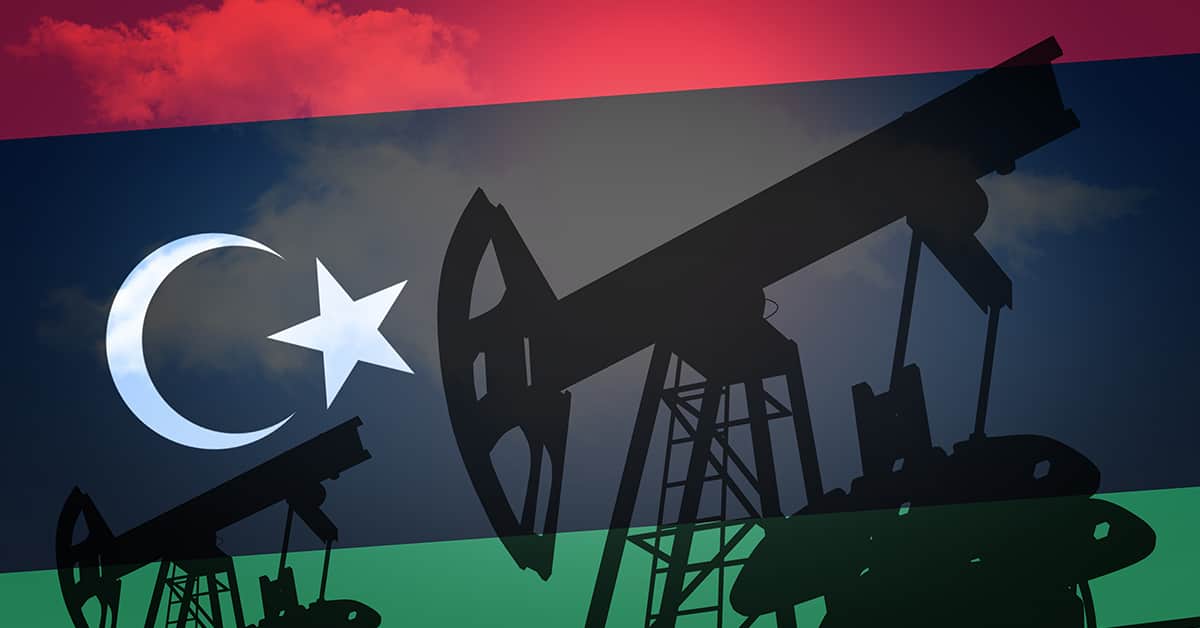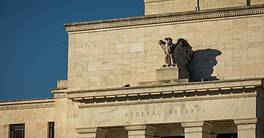Mohamed Aoun takes the helm at the new oil and gas ministry as pressure builds to increase output to bolster much-needed revenues to the state.

Libya has named a new oil and gas minister following a vote by the House of Representatives seating a government of national unity in advance of elections later this year, as the country seeks an end to its protracted civil war. The question now is how the country will resolve internal differences over policy and adjust to recent cuts in output by OPEC+. Libya has been exempted from production cuts for some years due to the ongoing conflict.
Mohamed Aoun, Libya’s former OPEC representative, takes the helm at the new oil and gas ministry as pressure builds to increase output to bolster much-needed revenues to the state. To return to international oil markets, however, the transitional government must rehabilitate swathes of oil and gas infrastructure devastated during the decade-long civil war that followed the capture and killing of former dictator Muammar al-Qaddafi.
Libya currently produces around 1.2 million barrels a day, according to S&P Global Platts, but the chairman of Libya’s state-controlled National Oil Corporation (NOC) suggested that will increase to 1.45 million by the end of this year. With the post of oil minister lying vacant for years, NOC Chairman Mustafa Sanalla has been a pivotal figure in Libya’s political matrix and reportedly will be a rival of the new oil minister.
Sanalla has voiced concerns about how oil revenues are deployed and transparency at the Central Bank of Libya (CBL), but these appear to have been resolved; the NOC has said it will release oil earnings to CBL after previously paying them directly to the government. A dispute over the distribution of oil revenues was one of the main reasons for an eight-month-long Libyan National Army blockade of oil facilities.
Yet, Libya’s bid for a democratic transition looks tentative as the country remains deeply divided over the demands of competing factions backed by Egypt, Russia, Turkey and the United Arab Emirates. With foreign forces hunkered down, the new government’s ability to assert control over the entire country—including its oil and gas assets—remains questionable ahead of December’s elections. US policy toward Libya under the Biden administration aimed at stemming Russian ambitions may also complicate the road to peace.



